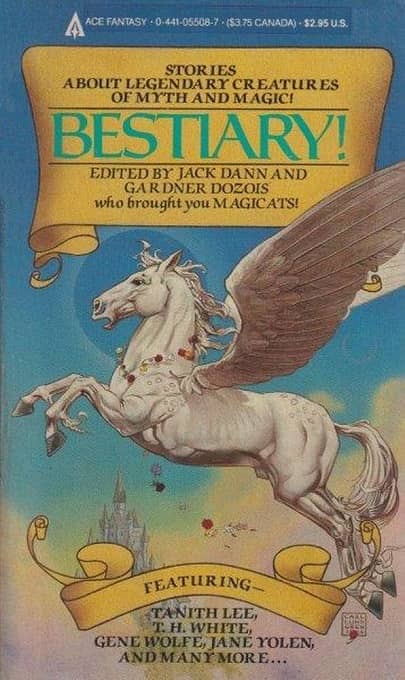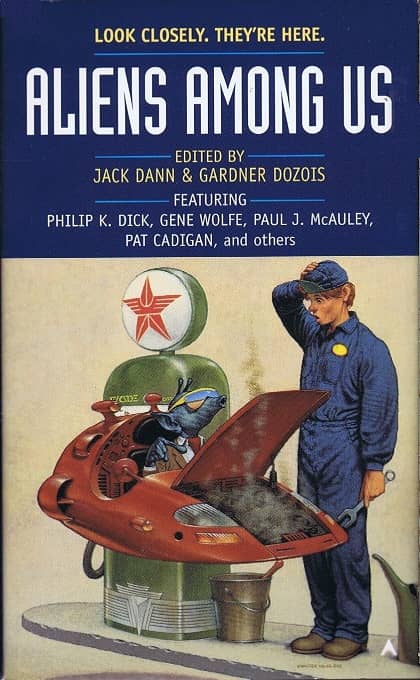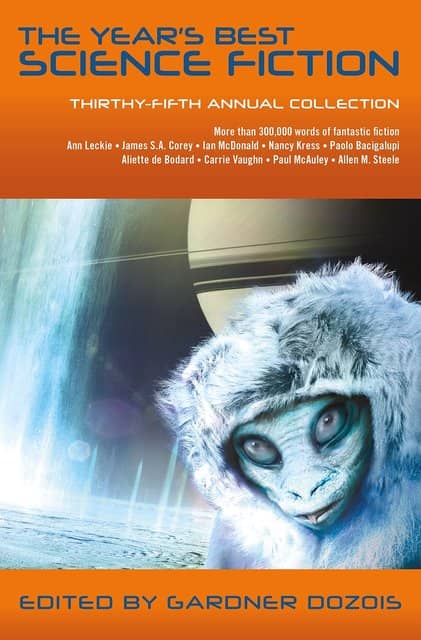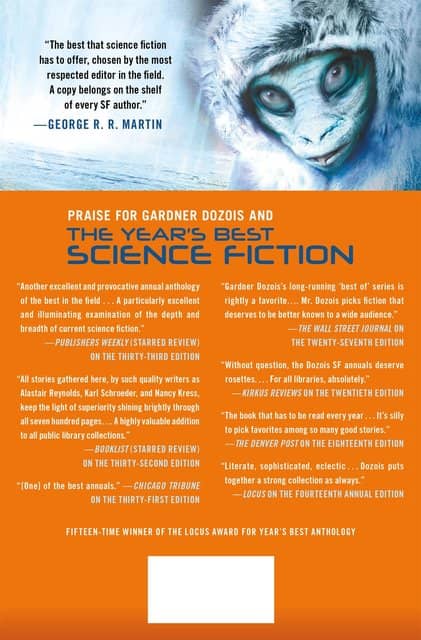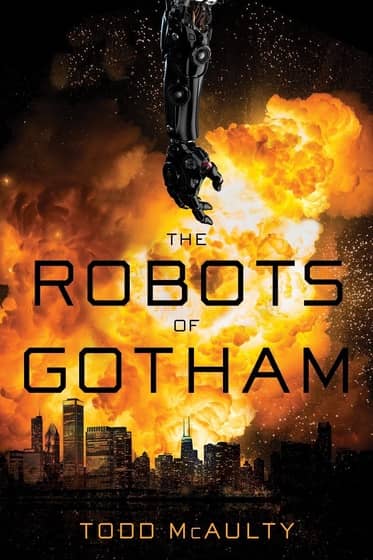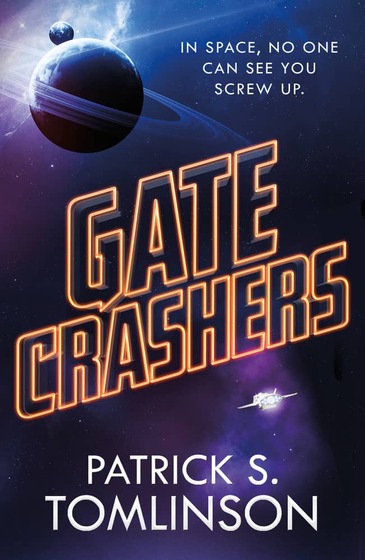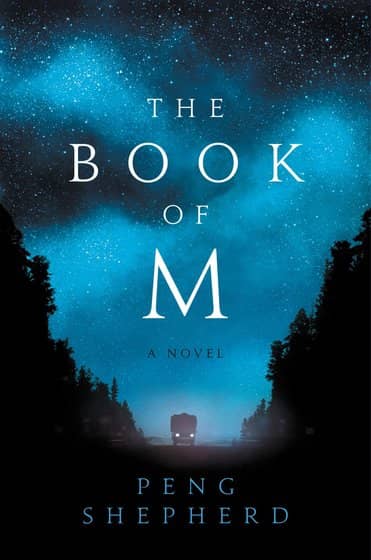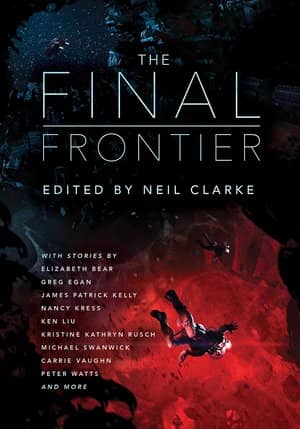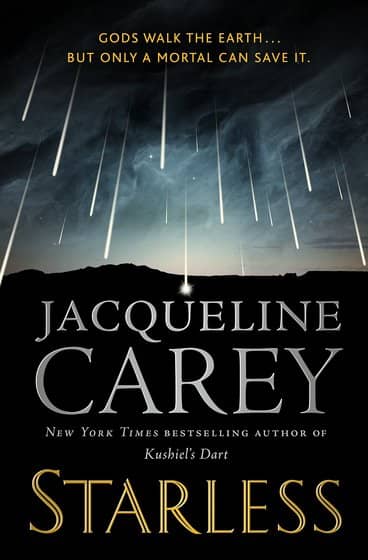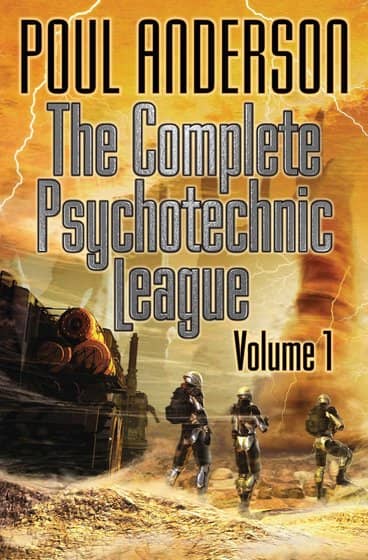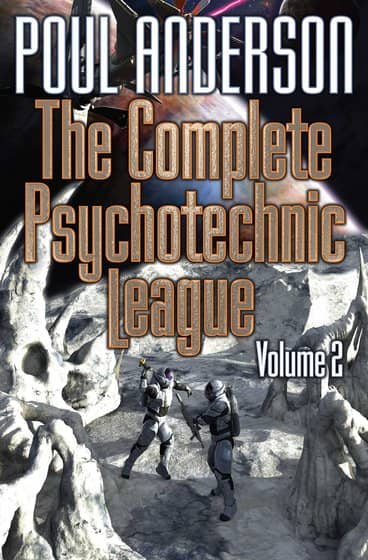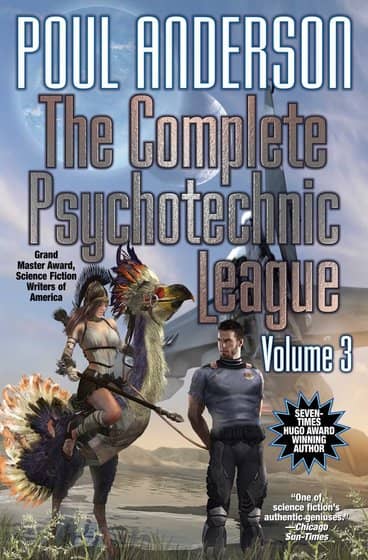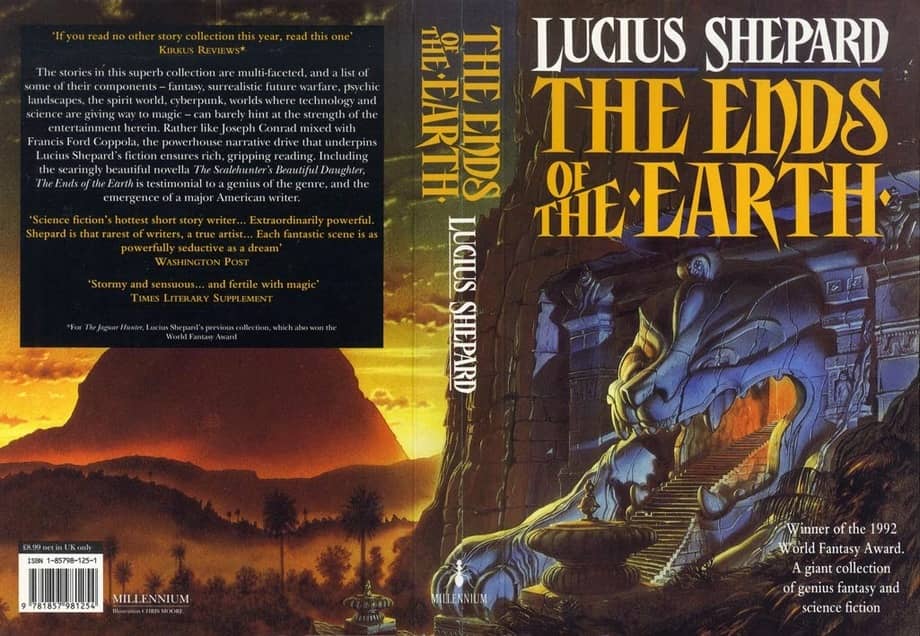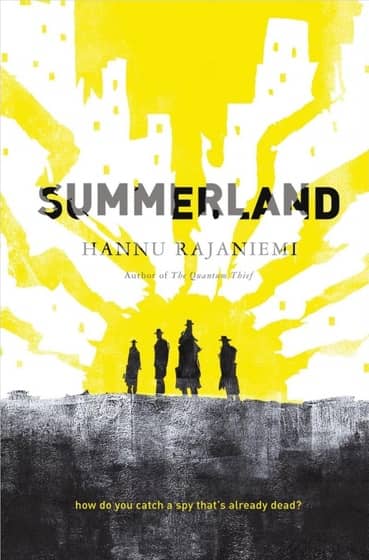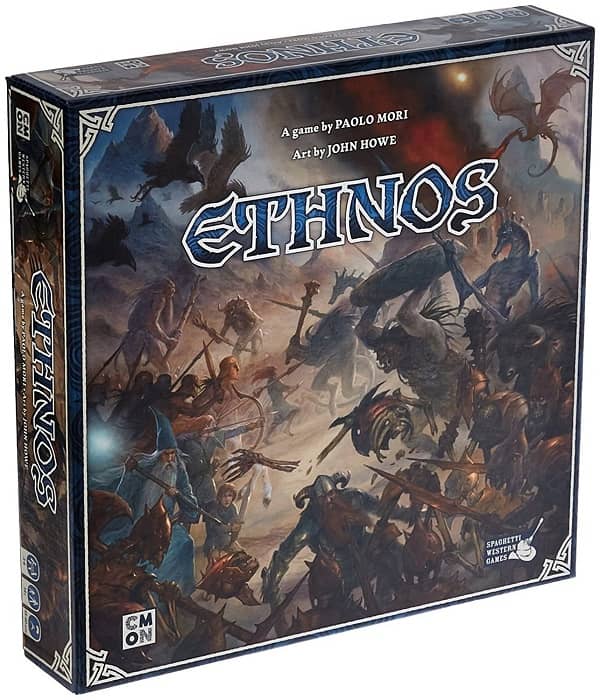Experience the Terrors of the Mythos in the Old West in Down Darker Trails
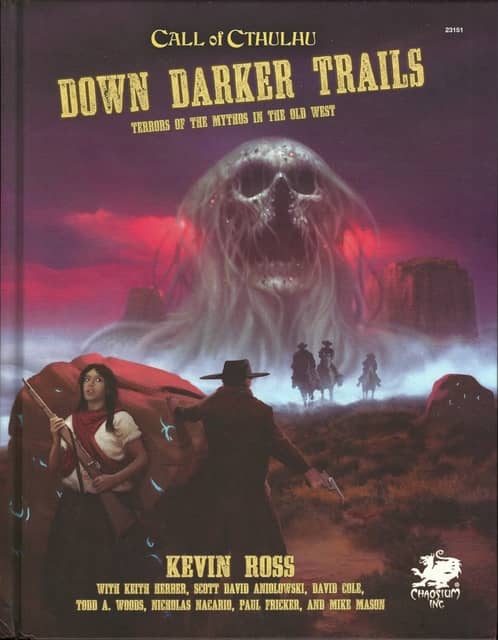 |
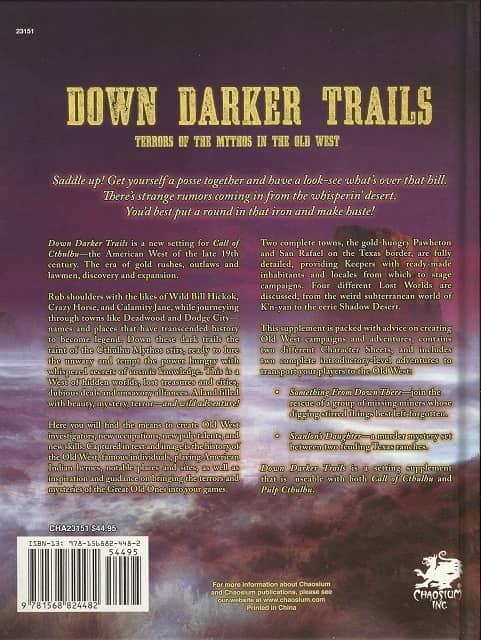 |
One of the many things I love about the Call of Cthulhu RPG — besides the prospect of gathering with close friends to cheerfully go insane together — is the rich array of settings. The core game is set in 1930s America, where Lovecraft (who died in 1937) set virtually all of his fiction, and that serves the pulp horror aesthetic nicely. But over the years Chaosium, and other publishers, have produced several top-notch supplements giving players the option to adventure in a wide range of times and places.
These include Cthulhu Now (1987), Terror Australis (1987), King of Chicago (1992), The Cairo Guidebook (1995), Atomic-Age Cthulhu (2013), and many, many more. The Dreamlands, Victorian London, Scotland, even the Orient Express… no other game invites you to go stark, raving mad in such finely detailed surroundings.
However, CoC has been sorely lacking a weird western sourcebook, so I was very pleased to see Kevin Ross and his friends at Chaosium release Down Darker Trails, a massive full-color 256-page hardcover which lovingly brings Mythos horror to the old west. The book is an excellent addition to Chaosium’s catalog, and contains a splendid historical re-telling of the American Territories, plenty of famous individuals, two complete towns, four western-themed Lost Worlds (including the weird subterranean world of K’n-yan, and the eerie Shadow Desert), and two complete introductory adventures.
Down Darker Trails invites you to play American Indian heroes and famous gunslingers, visit famous sites, and discover just how deeply the terror and mystery of the Great Old Ones has seeped into the West.
